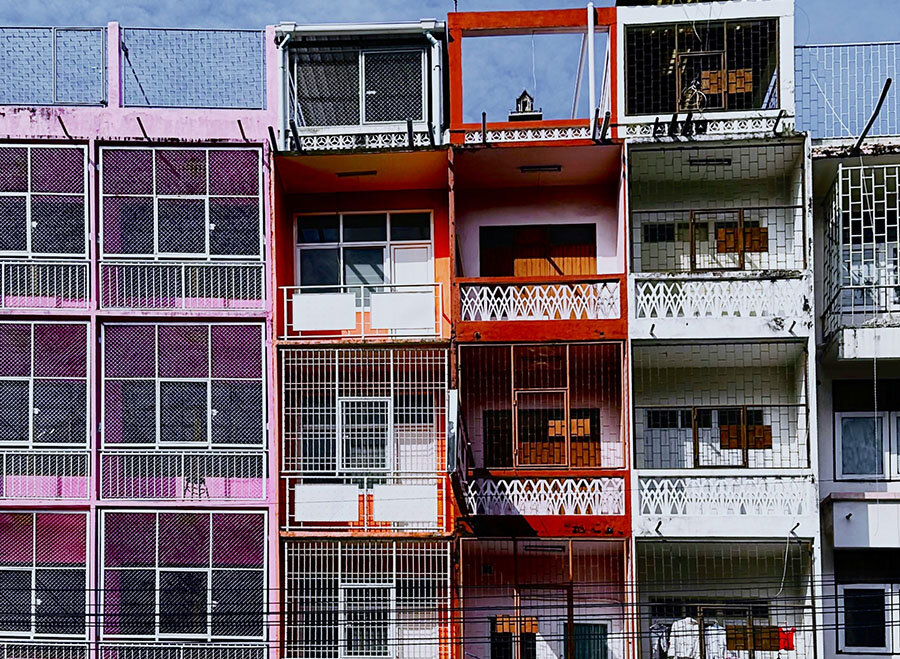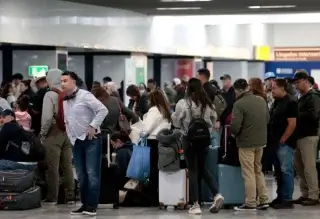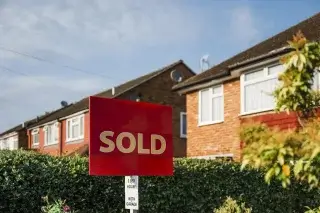read also
Real Estate / Investments / Analytics / News / Thailand / Real Estate Thailand / Russia / China 13.03.2025
Decline in Property Purchases in Thailand by Chinese and Russian Investors

The Real Estate Information Center (REIC) analyzed Thailand’s real estate market and recorded a slowdown in the pace of condominium purchases by foreign buyers compared to the previous two years when there was a surge in property transfers, writes Nation Thailand. A notable decline was observed among Chinese and Russian buyers.
In 2024, the total number of condominium transactions reached 14,573, reflecting only a slight increase of 0.9%, while the total transaction value decreased by 6.8% to THB 68.18 billion ($2 billion). The average unit price for foreign property buyers dropped from THB 5.1 million to THB 4.7 million ($150,450 to $138,650).
Experts note that while foreign interest in Thailand’s real estate market remains, Chinese and Russian buyers have significantly reduced their activity. The number of transactions involving Chinese citizens declined by 14.3% to 5,670 units, while the total transaction value fell by 22.2% year-on-year. This decline reflects China’s economic slowdown and geopolitical uncertainties, which are influencing investment decisions among Chinese buyers.
Meanwhile, transactions involving Myanmar nationals increased by 146.1%, adding 1,388 units, with the total transaction value rising by 89.8% to THB 7.04 billion ($207.68 million). This shift is attributed to regional investment trends driven by geopolitical factors. Similarly, Taiwanese buyers, benefiting from Thailand’s visa-free policy, increased their purchases by 57.1% to 836 units, while transaction value surged by 47.8% to THB 4.3 billion ($126.85 million).
These shifts indicate a transformation in investment patterns, as traditional dominant buyers such as China and Russia give way to new entrants from Myanmar and Taiwan, opening new opportunities for Thailand’s real estate market.
A notable trend in the condominium market this year is the growing number of Indian buyers, who debuted in the top 10 foreign investors. However, their growth remains modest, with an increase of 0.4% or 260 units, worth THB 1.53 billion ($45.14 million). Unlike most foreign buyers who prefer smaller units, Indian investors favor condominiums larger than 70 square meters, with an average price of THB 5.9 million ($174,000) per unit.
The foreign property market in Thailand is expected to remain stable or show slight growth of around 1% in 2025. Chinese, Myanmar, Russian, and Taiwanese buyers are likely to continue dominating the market. However, geopolitical tensions affecting primarily Chinese and Russian investors remain a key factor influencing foreign investment decisions.
Earlier, experts highlighted rising prices due to higher land and construction costs. In Q4 2024, suburban house prices increased by 0.8%, while condominium prices rose by 3.6%. The most significant price hikes were recorded in Min Buri, Nong Chok, Lat Krabang, as well as Huai Khwang, Chatuchak, and Din Daeng.
In Samut Prakan and Nonthaburi, condominium prices increased by 4.2% by the end of last year, while in Bangkok, prices grew by 3.4%. The capital saw a noticeable increase in demand for properties priced between THB 3–5 million, while in the suburbs, the most active segments were THB 2–3 million properties. To boost demand, developers increased the share of discounted offers from 21.7% to 25.2%.
In Q3 2024, Bangkok experienced a decline in condominium market activity, according to Knight Frank Thailand. The number of new listings dropped to 2,093 units, a 71.4% decrease compared to the previous quarter. Most of these units were priced above THB 100,000 ($2,900) per square meter, with only 400 units listed below THB 80,000 ($2,300).
New sales accounted for only 25% of the total supply. Additionally, completed projects saw fewer ownership transfers, reflecting a decline in transaction volume. Experts attribute this trend primarily to rising household debt, particularly among real demand buyers. Many of these buyers increased their credit card or consumer loan debts, making it difficult to obtain mortgages due to existing financial obligations. Bangkok’s suburbs had the highest share of unsold units, accounting for 64.7% of the total.
Among the key risks of investing in Thailand’s real estate market, experts point out the ban on foreign land ownership, as foreigners are only allowed to lease land. There are also restrictions on condominium ownership, where foreigners can only own up to 49% of a building. Additionally, rental yields may decline due to market oversaturation, while taxes and maintenance costs should also be taken into account when considering property investment in Thailand.








